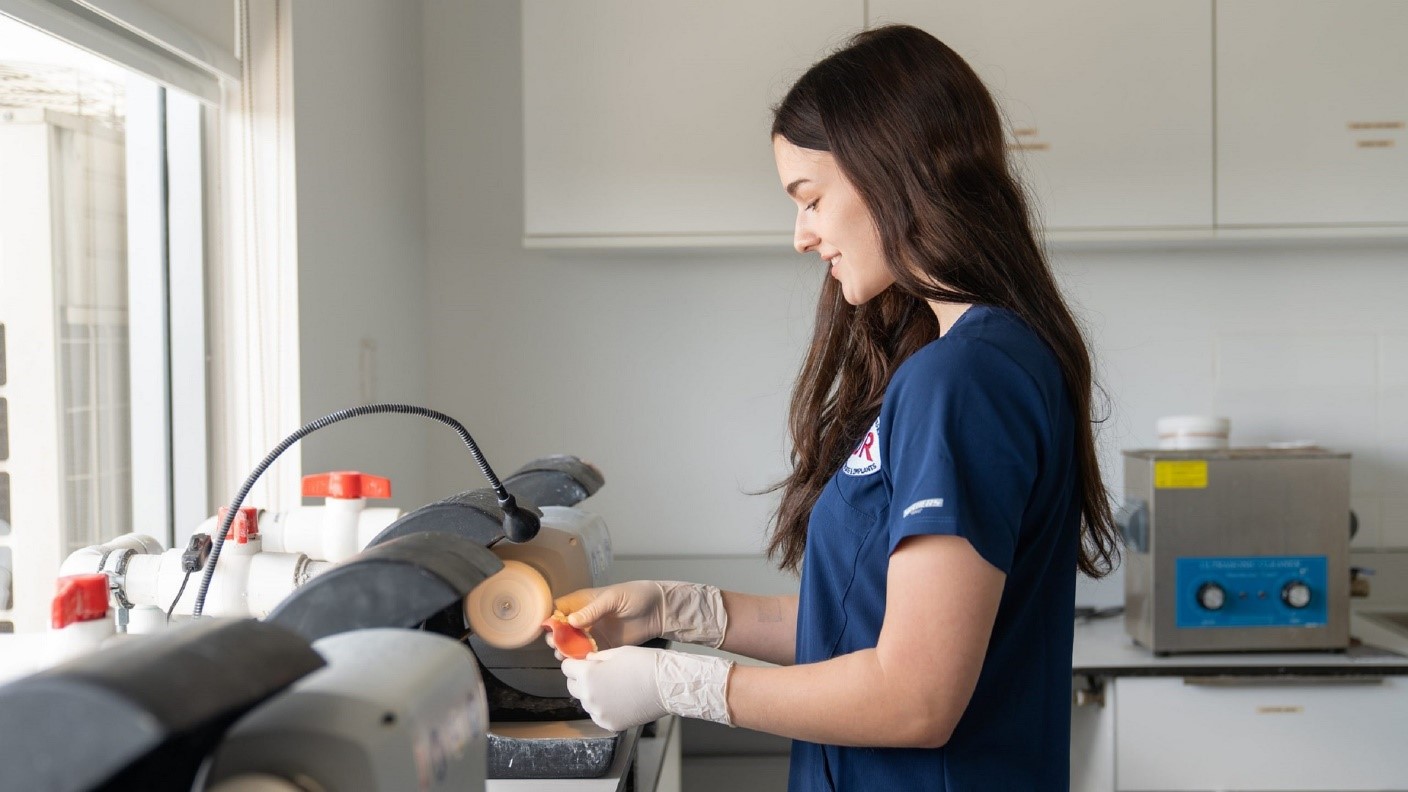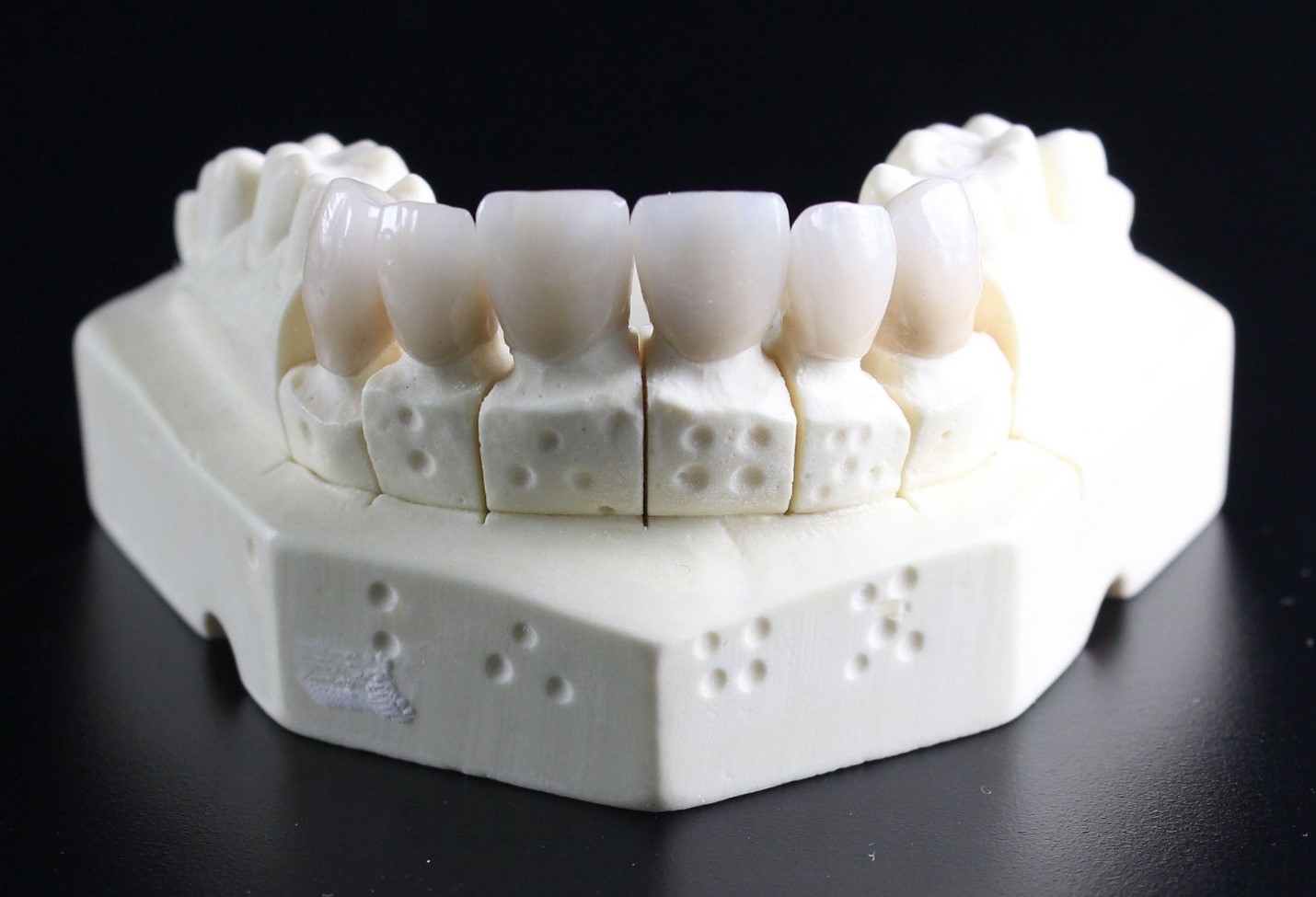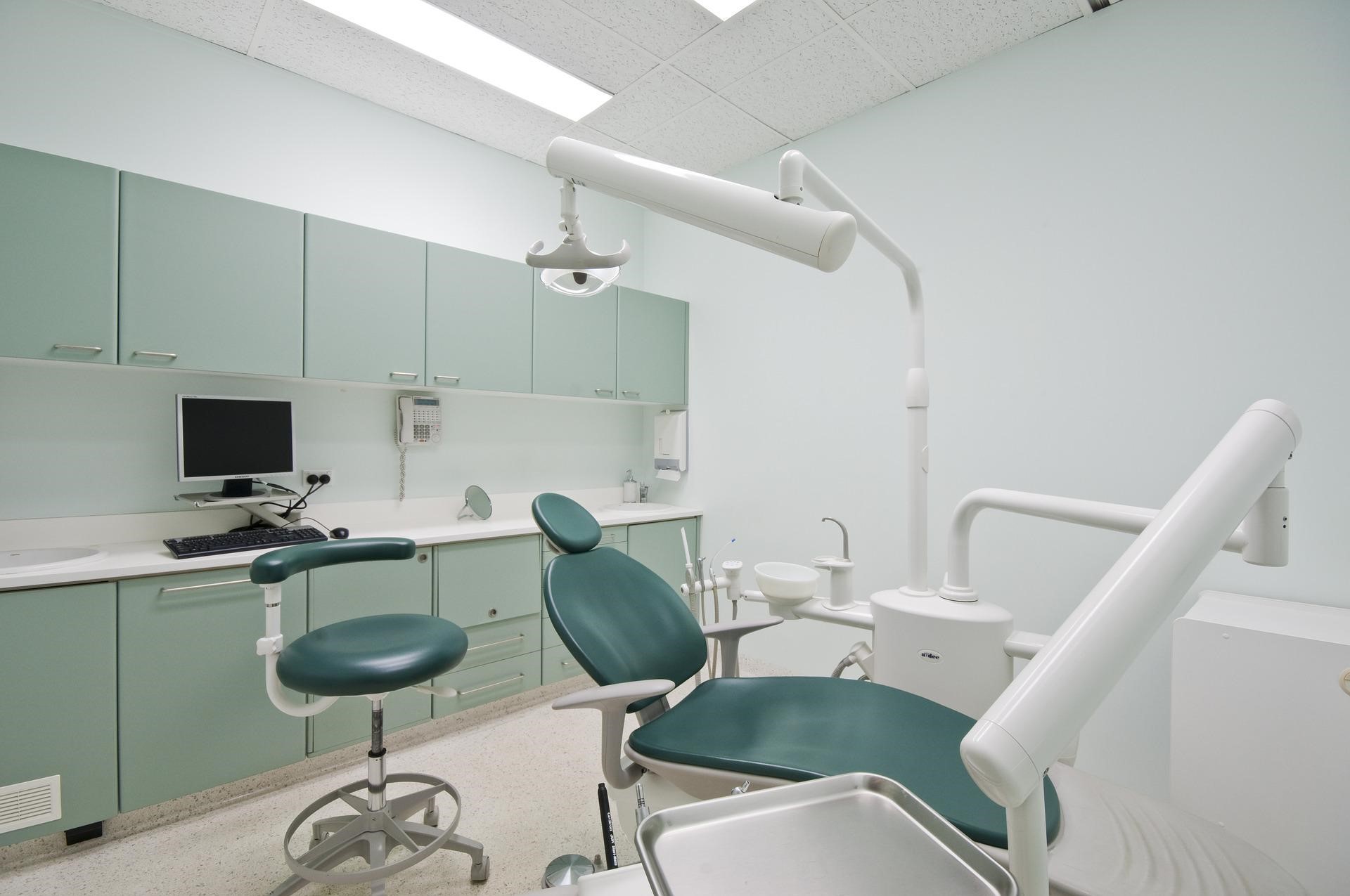How to Get Better Teeth

As a teenager, one of my biggest insecurities were my teeth. I worried they were unsightly because of how crooked they were, and once I got older, they started to chip and crack very easily. Eventually, I lost a few of them, and I hated having to see myself in the mirror each day. It made me feel very bad about myself, to the point where I very rarely smiled with an open mouth.
It took me a very long time to figure out a solution that would work for me. Dentures were a no go – I did not want to replace all of my teeth, and often they cause more trouble than they are worth. In the end, I decided to go with something called dental implants. Now, they will not be a fix for everyone, certainly. However, if you want to learn more about them, stick around!
What are Dental Implants?
It is quite surprising how many people do not know about them, but thankfully there are many pages like this one, https://www.medicalnewstoday.com/articles/327515, that can provide an overview. Once you know the basics, it is a lot easier to understand. They can be defined as a form of artificial tooth inserted into a person’s mouth, usually with a metal screw and some sort of cap or crown adorning it.
Keep in mind that this is a surgical procedure, so there are certain risks associated with it in that manner. Some examples of that could be nerve damage, infection, or movement of the implant if things go wrong. Thankfully, these incidents are very rare.

There are things that we can do to reduce these risks. In some circumstances, it is probably not a good idea to seek these services out. Some examples of that could be if you have an acute illness, if you have a metabolic disease, if you are a heavy smoker, if you have osteoporosis, or if you are currently undergoing chemotherapy. That is not a comprehensive list, so if you are uncertain, consult with a healthcare professional.
Why do People Get Them?
Well, the main motivating factor is for people who have lost a tooth or several teeth, but they do not want to get (or simply can not get) dentures. You see, dentures have a fair amount of maintenance to deal with, and they can also potentially damage any of the existing natural teeth. Often, people find they are way too much of a hassle.
That typically leaves implants as the other option. They look natural and feel comfortable, for one thing. Additionally, the success rate of their installation is quite high. There is a common misconception that they are expensive, but you can find affordable dental implants in many places if you look for them!
Something else that is quite nice about them is that they typically can improve the chewing function of your jaw. Many people find that they have an easier time eating in general once they have had them installed. They can even help reduce your chance of getting cavities in your other teeth!

Finally, many people prefer them over the alternative because you do not need to remove them each and every night. It can be quite frustrating to deal with that, and honestly, they are easy to forget as well. So, those are just some of the reasons why.
How the Procedure Works
It is difficult to generalize how it will go, as everyone tends to have a different experience when it comes to getting dental implants. That being said, there are many things that can impact how it will happen for you, so I will mention them.
The first is how many teeth you will need replaced. For one, it usually goes quite quickly and seamlessly. Things do get more complicated the more that you need replaced, but usually it does not cause problems. Something else is where in your jawbone that the implants are going to be installed.
You see, it tends to be a bit harder to insert them into the upper jawbone. Why is that? Well, it is mostly due to the proximity to the sinuses. Dental surgeons need to be extremely cautious not to cause any damage, so the procedure might end up taking longer, and can come with higher risk.
The final two aspects that might impact how your operation goes are your underlying bone health and your general oral health. Both play a huge part in how well your jaw will acclimate to and fuse with the implant, so keep that in mind. All the more reason to brush your teeth consistently, right?
Are There Different Types?

One last thing I would like to touch upon today are the two different types of dental implants. The ones that the American Academy of Periodontology recommend are endosteal and subperiosteal. So, if you are unsure about what would be best for you, it is probably a good idea to consult with your dentist or orthodontal specialist. Hopefully, they can help to advise you.
Endosteal implants involve a titanium screw that is inserted into your jawbone. This is the type that most people end up using because of how long they last and how secure they are. The screw itself serves as the root to your new tooth, and they are capped with something like porcelain or metal (sometimes a mixture of both).
They are fairly easy to care for, adding to their popularity. You just need to brush your teeth as you normally would, but with a silica toothpaste (or whatever your surgeon recommends to you). You will probably need a check in once every few months for a while, too.
Subperiosteal implants are the type that rest on top of your jawbone, so they are not used as often anymore. Eventually, they do end up fusing to your gums, but it is a longer process. More than likely, you will end up with the first type if you decide to get them!
839GYLCCC1992



Leave a Reply